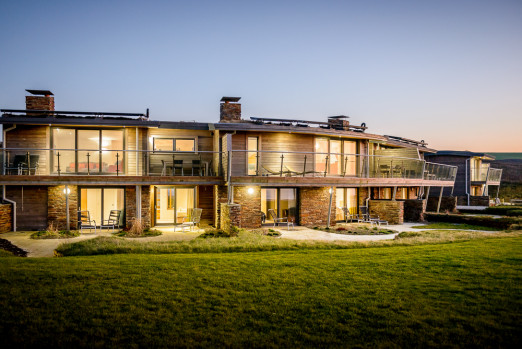The timber industry has experienced significant fluctuations in demand over the past two decades as concern for the deforestation of slow growing hardwood trees has greatly increased. Sustainability and Corporate Social Responsibility are becoming increasingly important as builders, developers and architects are under mounting pressure from new legislation and consumers. The answer to this problem is to replace hardwoods in construction with fast growing modified softwoods. Sustainable alternatives such as that offered by Kebony are increasingly popular, representing a substantial and growing sector of the market; it offers a durable, sustainable alternative to tropical hardwood, requires little maintenance and has a life cycle of 30 years or more.
Though the technology has existed to harden softwoods for more than a decade, it has only become economically viable in the past few years. There are now several technologies that improve the durability and structural stability of wood, with two of the most successful techniques being Kebony® and acetylation.
Kebony® can be used as a direct replacement for tropical hardwood or toxic preservative-treated wood; therefore providing an environmentally friendly opportunity, delivering sustainable wooden produce and structures for building projects. The Kebony technology is a unique patented process. Sustainably sourced wood species are impregnated with a liquid mixture based on furfuryl alcohol, produced from agricultural crop waste. With the addition of heat the furfuryl polymer is permanently grafted into the wood cell wall, resulting in greatly improved durability and dimensional stability, and making the wood strong, resistant to biological decay and harsh weather conditions without the need for expensive and environmentally damaging treatments. Traditional impregnated wood is coated with oil or paint, which draws the lifecycle costs up considerably and requires the use of toxic chemicals.

Acetylation achieves a similar modification, but instead of polymerizing a bio-based compound in the wood, acetic anhydride is added to softwood where it reacts with hydroxyl groups in the wood (which absorb and release water), converting them into acetyl groups. By reducing the wood’s ability to take in or release water, swelling and shrinking is reduced and the wood has a greatly improved service life and durability.
Both treatment methods produce a non-toxic, environmentally sustainable alternative to tropical hardwood, however there are a number of differences that set the two apart.
The two processes give a very different coloration to the final product. Acetylation does not drastically change the softwood’s initial colour, creating a pale wood which has good colour stability even when weathered. The downside to this lighter hue is that it is vulnerable to fungus stains if left exposed over a long period. Kebony’s furfurylation process has a greater effect on the colour of the wood, darkening it so that it mimics the appearance of a tropical hardwood. This deep mahogany colour can be maintained if treated, but if left untreated, over time the colour softens into a natural, muted silver-grey patina.
The two types of modified timber differ in some structural facets as well. Kebony wood has a higher level of hardness, so is more rigid and therefore better suited to applications such as decking, while acetylated wood has a higher dimensional stability, and is often used in joinery products such as windows and doors.
With Kebony there is no need for costly paint or oil treatments, therefore whilst it is at the more costly end of the timber market it is very cost effective over its life cycle; and the lack of treatment makes it far less difficult to maintain than cheaper alternatives.
-J%C3%B8rn-Hindklev_-Byggeindustrien--(1).jpg?1458219106)
As an increasing number of builders look to gain a greater focus on sustainability and turn away from environmentally damaging tropical hardwood products, the market share of modified timber will surely increase. Kebony is a truly viable alternative to tropical hardwood - diverting demand from endangered tropical forests and heralding a return to timber as a primary construction material.
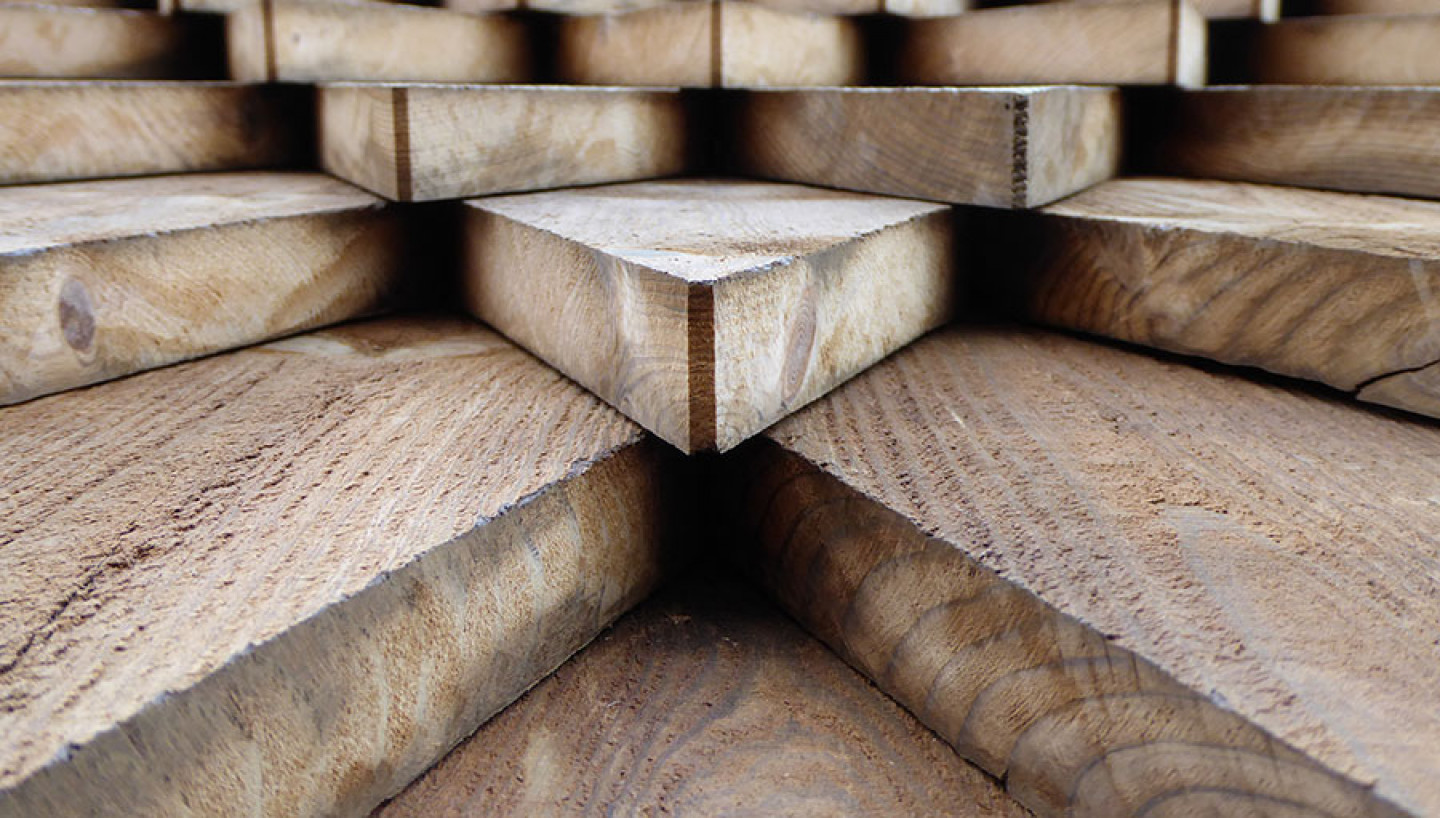
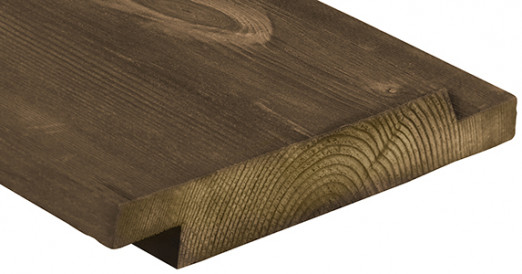
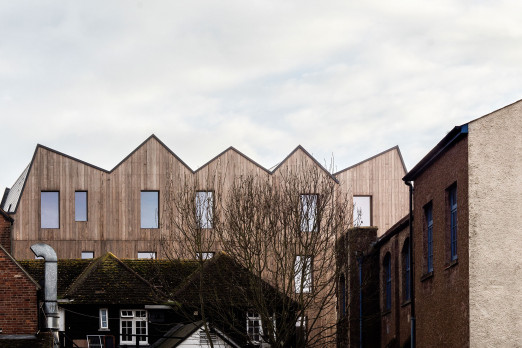
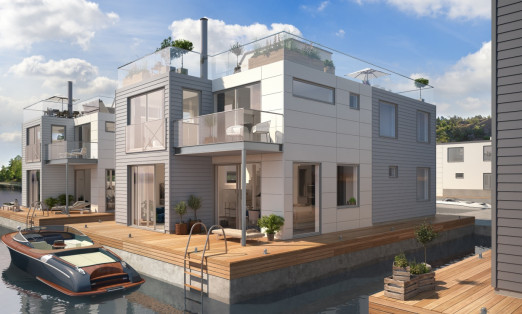
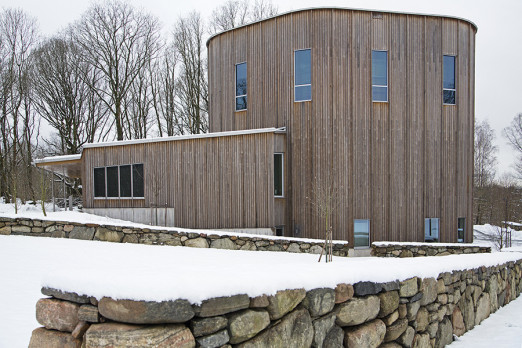
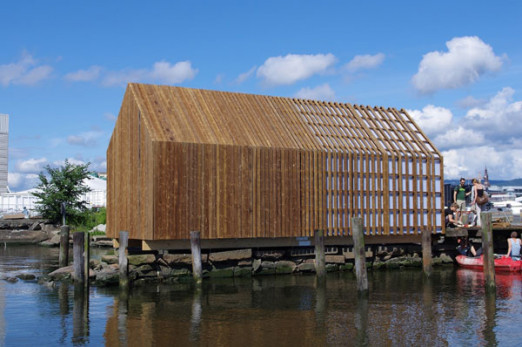
-Anders-Bergön-(2).jpg)
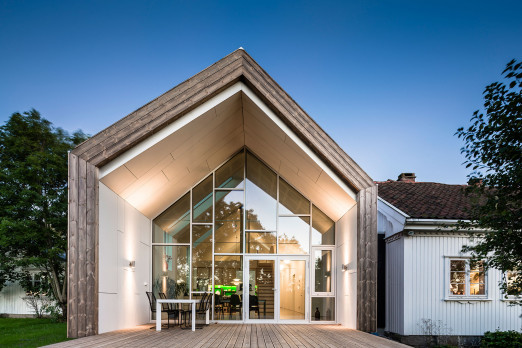
_Slussplan-Malmö_(c)-Anthony-Hill_high-res-(8).png)
